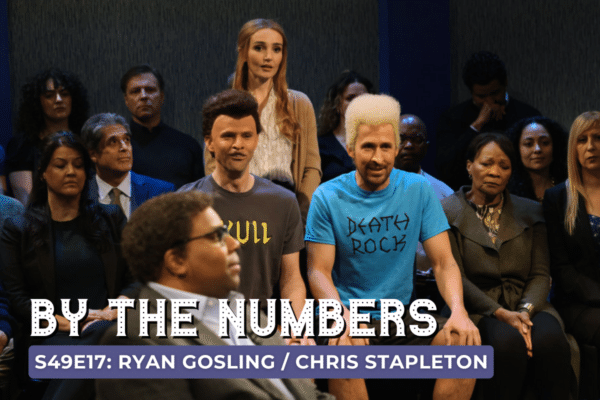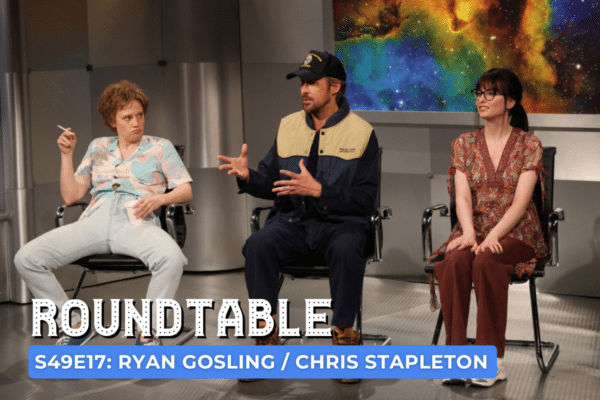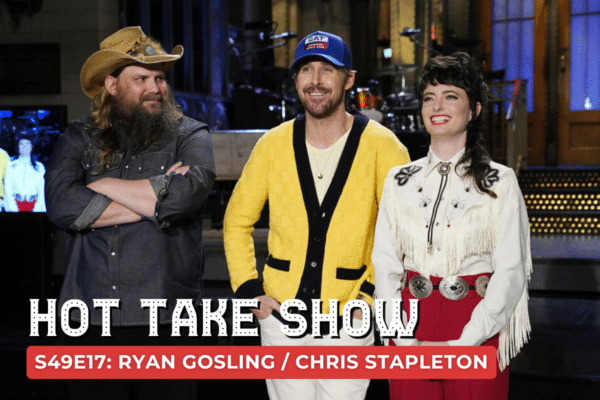
This past Monday night on The Daily Show Jon Stewart called Kevin O’Leary an asshole.
It was no big deal. It wasn’t even really a joke because Stewart seemed really to just be making a personal observation about the long-time Shark Tank business “shark,” saying he is “such an asshole even the other people on Shark Tank think he’s an asshole.”
No bleeping, of course, because Comedy Central is a cable network and so not vulnerable to complaints that could threaten the broadcast license bestowed on television stations by the Federal Communications Commission.
Those licenses still exist, though what sort of entity needs one is somewhat poorly understood, as Donald Trump demonstrates every time he rails at CNN or MSNBC for questioning his fitness to be president and demands that their licenses be revoked. (Like Comedy Central they are cable channels, and thus not subject to FCC oversight.)
The A-word, as it might once have been decorously referred to, is now so commonly spoken in the quarters of late-night TV not covered by licensing standards, that it appeared prominently, and casually, the very next night, Tuesday, when Jordan Klepper, this week’s other-than-Monday host on TDS, was in a state of high mock horror at a decision made by “that asshole Ron DeSantis” in Florida. (Horror because Klepper actually sort of agreed with the “asshole.”)
Klepper dropped a few other bon mots, including a reference to Trump now publicly hawking bibles as “embarrassing grifter shit” and the effort to blame the bridge destruction in Baltimore on immigration or vaccination as an example of filling “every moment of uncertainty with bullshit.”
During his disquisition Monday, Stewart noted that banks were paid back at lower interest rates because of Trump’s fraud, “but to be honest,” he said, “who gives a shit?”
The S-word was one of the words memorialized in George Carlin’s famous routine about the seven words you can’t say on television. (He was once arrested in Milwaukee and charged with disorderly conduct for saying them on stage.) Not only is the word said frequently on television now, it is no longer even bleeped on The Daily Show or Last Week Tonight, nor on previous late-night iterations on cable.
Other words in Carlin’s original list have also lost their one-time shock value. “Tits” was even uttered unbleeped on Jimmy Kimmel’s show a few months ago by an innocent-looking Olivia Rodrigo. “Dick” was not immortalized in the Carlin firmament of foul language, though it would surely have qualified in that earlier era. Kimmel made effective use of that one in a post-Oscars bomb tossed at Trump. “We had Jon Cena on stage naked and somehow Trump still managed to be the biggest dick of the night.”
The eternal Big Daddy in the lexicon of banned utterances, the F-bomb, remains potent enough to face consistent bleepification on both broadcast and most cable shows. Not that it matters. The context virtually always makes clear what is being said. As when Stewart said that for investors, there as no rules “as long as you and your bleep-ing friends are making money.”
Saturday Night Live is, as it ever was, a broadcast network show, and going out “live” has mostly kept the F-bombs locked in the attic, though seven or eight have sneaked out, mostly inadvertently, over the years.
But the advent of premium cable and streaming blew up the ultimate prohibition. John Oliver salts many of his lines on Last Week Tonight with pure nitro, the F-bomb–as during his recent exposition on student loans. “Maybe you should have paid more attention at that school you paid so fucking much money for,” Oliver said, unbleeped.
The influence of TDS on the proliferation of profanity on late night is undeniable. Because Stewart made the show a phenomenon, the show could say pretty much anything with impunity. And so it did, and continues to.
Why not? Nobody seems to have signed up for permanent residence in a den of iniquity from hearing out loud on TV words they hear every day in the street, at work, and even in “locker-room talk.”
Times change. Words have often segued from coarse to common thanks to being used—usually comedically–in entertainment. “Bloody” was once considered so offensive a term in Britain–apparently because it was considered a blasphemous reference to the blood of Christ–that censors banned it from print publications as well as theaters.
Then Eliza Doolittle, when leaving an elegant tea party, responded to the question of whether she intended to walk through the park by saying: “Not bloody likely.” That event took place on opening night of the George Bernard Shaw play “Pygmalion” in 1914. The audience laughed for 76 seconds, allegedly the longest laugh in the history of British theater. (The stage manager supposedly had a stop watch.)
Now the line would be met with bloodless silence.
When words lose their sting they can also lose at least some of their value in comedy.
In the now-distant late-night past, there was something inherently funny about the A-word, when delivered with perfect timing. Never better than Cher to David Letterman:
So inflammatory was that moment that the show despaired of how it could be eased past the NBC censors. The show’s producer pleaded the case, only to be told the network would either bleep “ass” or “hole—the show’s choice. “Hole” was bleeped. The TV audience had no problem filling in that blank.
The words flow more freely on late night today. The laughs they used to generate? Not quite at the minute-plus level.












Profanity is so boring and lazy. If shock is the intent, take a time machine back to Lenny Bruce–60 years ago.